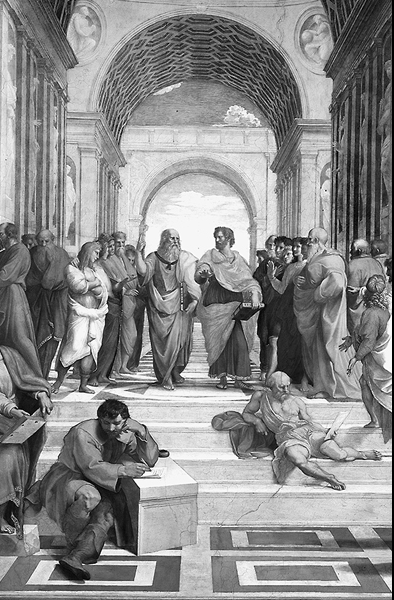In the realm of philosophical wisdom, Epictetus, the Stoic philosopher, asserted that the greatest human evil is not death itself but the fear of death. This sentiment resonates through the ages, challenging us to confront and overcome the anxieties that stem from the contemplation of our mortality. As Ecclesiastes wisely reminds us, there is a time for everything, including both the birth and the inevitable end of life (Ecclesiastes 3.2). However, the true tragedy lies not in the brevity of life but in allowing the fear of death to cast a shadow over our existence.
Plato‘s profound insight suggests that the trepidation we feel towards death is akin to the fear exhibited by a child. Yet, how many adults continue to harbor anxieties about an uncertain future, allowing these fears to paralyze their present and dictate their decisions? Fear, as a potent and often irrational emotion, can coerce individuals into making regrettable choices or, in extreme cases, even lead them to prematurely end their own lives.
Viewing life as a journey, we must acknowledge that death is its inevitable destination, but it does not mean we need to avoid the journey, or be afraid of the same, it’s the journey that is worth remembering, even if one day it may be lost. Just as an android poetically noted, “All these moments will be lost in time like tears in rain.” However, this insight must be coupled with the realization that these moments need to be actively lived to eventually one day be lost. Those who succumb to the paralyzing grip of fear miss the opportunity to fill the pages of the book of life with the richness of experience, joy, and love.
Seneca‘s perspective underscores the ephemeral nature of life. “We are born to live only a few years, and this space of time that we are given passes so quickly, so quickly that, with few exceptions, life abandons others while they are still preparing to live,” he wrote, emphasizing the swift passage of time. It is not the brevity of life itself that deprives us; rather, it is our tendency to squander significant portions of our time in the clutches of fear—fear of the unknown, fear of the inevitable. The admonition is clear: life is too short to be spent in perpetual trepidation.
In the face of mortality, the wisdom of Epictetus, Plato, and Seneca coalesces into a powerful call to embrace life without the shackles of fear. The present moment, the heartbeat of existence, demands our attention and appreciation. Let us liberate ourselves from the fear of death, recognizing that it is not the duration of life that matters most, but the depth of experience woven into each fleeting moment. Only by conquering the fear of death can we truly embark on the path to human freedom.


